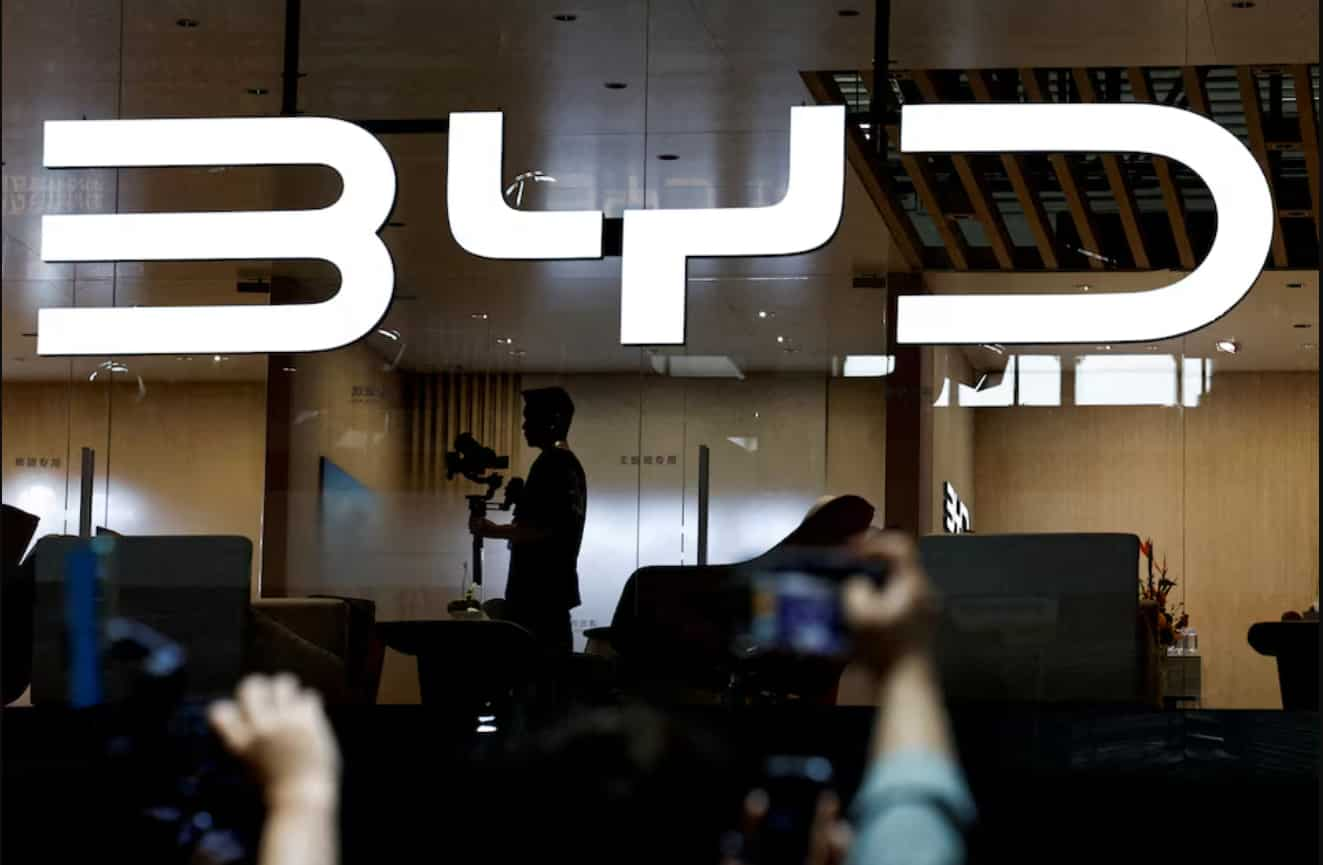
BYD, the country’s leading EV manufacturer, has entered into an agreement with tech giant Huawei to incorporate advanced autonomous driving technology in its premium off-road vehicles. The partnership, announced on Tuesday, marks a strategic shift for BYD as it aims to enhance its position in the high-end EV market.
According to the agreement, BYD’s Fangchengbao brand will be the first to feature Huawei’s Qiankun intelligent driving system. The Bao 8 SUV, part of the Fangchengbao lineup, is slated to be the inaugural model equipped with this technology and is expected to hit the market later this year.
This collaboration comes as BYD intensifies its efforts to move upmarket and boost sales of its premium brands, which include Denza, Fangchengbao, and Yangwang. The company’s strategy aims to improve profitability by focusing on higher-margin vehicles. However, data from the China Association of Automobile Manufacturers reveals that these premium brands collectively accounted for only 5% of BYD’s total sales in the first half of the year, underscoring the challenge ahead.
The decision to integrate Huawei’s autonomous driving system into its vehicles highlights the competitive pressure BYD faces in the rapidly evolving EV market. Despite its dominance in EV sales, largely attributed to its cost-effective vertical integration strategy, BYD has been playing catch-up in the realm of smart driving technologies. The company has been investing heavily in developing its own advanced driver-assistance system (ADAS), reportedly hiring thousands of engineers since last year to bolster its in-house capabilities.
However, BYD’s reliance on external suppliers for intelligent features in its upmarket models persists. For instance, the company uses Momenta ADAS in its Denza cars. The partnership with Huawei represents a significant step in BYD’s efforts to enhance its offerings in this crucial area of automotive technology.
The collaboration also underscores Huawei’s growing influence in the EV sector as a major supplier of ADAS. The tech conglomerate has been expanding its footprint in the automotive industry, with notable partnerships beyond BYD. For example, Volkswagen’s Audi brand has also announced plans to utilise Huawei’s ADAS in its EVs designed for the Chinese market.
This strategic alliance between BYD and Huawei reflects the broader trends in the global automotive industry, where traditional automakers and tech companies are increasingly collaborating to meet the demands of next-generation vehicles. As autonomous driving technology becomes a key differentiator in the premium EV segment, such partnerships are likely to become more common.
The success of this venture will be closely watched by industry observers, as it could potentially reshape the competitive landscape of China’s EV market. For BYD, the integration of Huawei’s advanced autonomous driving system represents an opportunity to strengthen its position in the premium segment and potentially capture a larger share of this lucrative market.
